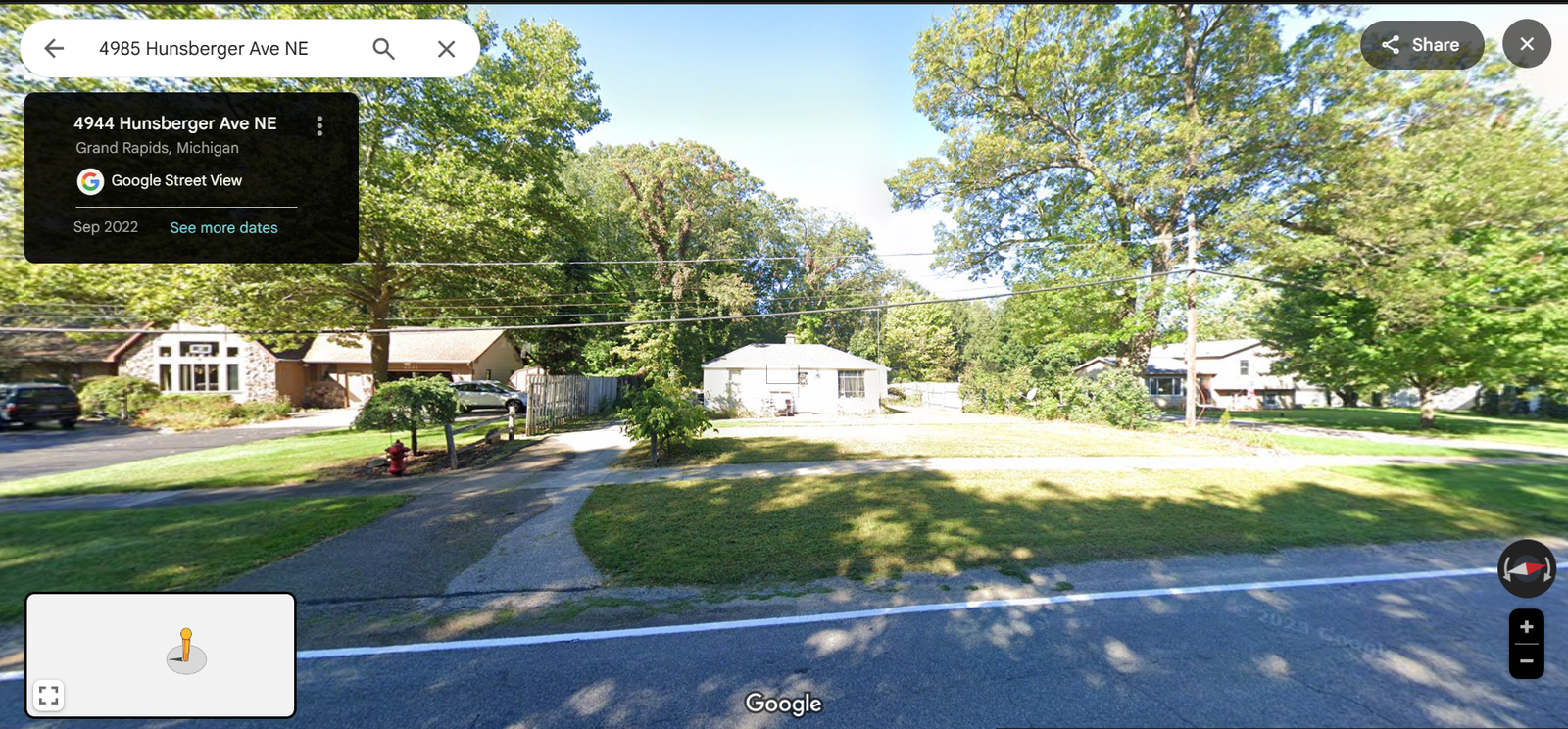Investors and interested buyers begin with understanding what tax deed properties are and why they are sold online. Tax deed sales arise when homeowners fail to pay property taxes. Government entities auction the property deed to recover owed taxes. When offered online, these auctions use digital platforms that enable participation from anywhere. The web interface presents property details, bidding procedures, and payment terms. Buyers must register, often providing identity verification and deposit funds before bidding.
Pre‑Auction Research and Property Analysis
Successful participation demands thorough research prior to bidding. Prospective buyers examine the online listing for property descriptions, tax history, liens, or other encumbrances. They consult public records and title searches. Many auction platforms supply basic information such as parcel number, current owner, assessed value, and minimum bid. However, researching market value, neighborhood conditions, and potential resale or redevelopment options is essential. A detailed title search helps uncover hidden liens that could affect ownership after winning the bid.
Registration Requirements and Deposit Rules
Before bidding begins, participants must register on the auction platform. This process usually includes providing personal information, proof of funds, and payment of a registration fee. Some auctions require depositing a refundable or nonrefundable amount, often a percentage of the estimated bid. The deposit acts as earnest money and ensures bidders are serious. Documentation verification typically occurs within a short window before bidding opens. Once approved, registered bidders receive credentials to log in and interact with the live auction.
Platform Interface and Bidding Mechanics
Once registered, bidders gain access to the auction dashboard. The interface generally displays a timer, current highest bid, next minimum bid increment, and bidder count. When bidding begins, participants submit offers in real time. Some platforms allow proxy or automatic bidding up to a set limit. Many auctions feature countdown timers that extend with last‑minute bids, preventing “sniping” and ensuring fair opportunity. The system displays live updates, so each bidder sees when someone else has raised the current price. Rules vary across jurisdictions regarding bid increments and time extensions.
Minimum Bids, Opening Prices and Reserve Policies
Tax deed auctions set a starting or minimum bid. That typically reflects the outstanding tax amount, fees, and interest accrued. Government agencies may also establish a reserve price, which ensures the property does not sell below a threshold even if bidding stalls. If no bids meet the minimum or reserve price, the property may remain unsold and be re‑offered in a later sale or reverted to the taxing authority. Some systems allow bidding above the reserve; others require bidding at or above that figure.
Bidding Strategies in the Online Environment
Participants often adopt different strategies adapted to the digital setting. Some prefer bidding early to intimidate others; others wait until the final countdown to place a high bid. Proxy bidding can minimize emotional overbidding, as automatic bids stay within preset limits. A disciplined approach requires limiting bids to a maximum value based on property research and anticipated resale potential. Risk management is critical because winners must complete payment and accept ownership, including any unsatisfied liens or structural issues.
Payment Procedures After Winning the Auction
When a bidder wins, the platform triggers a payment process. Winners must pay the bid amount plus administrative fees within a specified timeframe, which might range from 24 hours to several days depending on jurisdiction. Accepted payment methods may include wire transfer, cashier’s check, or online payment. If the winner fails to pay on time, their deposit is forfeited and the property may be offered to the next highest bidder or listed again. Full payment confirms successful transfer of the tax deed according to official regulations.

Issuance of Tax Deed and Title Transfer
Once payment is confirmed, the governing agency processes the issuance of a tax deed. The deed conveys ownership but may not guarantee clear title. Some areas issue deeds with limited warranties and no protection against prior liens. Buyers must accept properties “as is,” assuming responsibility for any unresolved legal issues. After issuance, buyers should complete a title search and consider obtaining title insurance or consulting a real estate attorney to address liens that survive tax deed transfer.
Redemption Periods and Legal Considerations
Certain jurisdictions offer redemption periods allowing former owners to reclaim the property by paying back taxes, penalties, and fees within a defined timeframe. In online tax deed auctions, this means winning the bid does not guarantee possession until the redemption window closes. Buyers should be aware of these legal timelines and monitor them carefully. If redemption occurs, the buyer recovers their funds according to state law provisions. Understanding these rules is crucial to evaluating risk and timing in online tax deed acquisitions.
Managing Liens and Encumbrance Risks
Tax deed buyers must deal with potential liens, unpaid utility bills, or municipal charges that survive the tax auction. Researching title records beforehand helps reveal possible obligations. After acquiring the property, the new owner may need to negotiate lien clearances or pay off outstanding debts. In some locations buyers can initiate foreclosure on surviving lien holders or negotiate settlement. Planning for these costs is part of determining the maximum bid amount and evaluating overall profitability.
Post‑Auction Property Access and Physical Inspection
Winning a tax deed auction does not guarantee immediate property access. Former occupants may remain on site until legally removed. The new property owner must follow procedures such as official eviction notices or court proceedings. Buyers often inspect the property after gaining legal access to assess condition and plan next steps. Physical inspection prior to bidding is rare in online auctions; bidders rely on photos or public tax assessor data. Therefore, they assume risk of structural damage, environmental concerns, or unauthorized occupancy.
Resale, Redemption and Investment Outcomes
After legal transfer and property access, buyers decide whether to hold, renovate, or resell the property. Some investors aim for quick flip sales; others rent or rehabilitate houses. In redemption‑state jurisdictions, the former owner may reclaim the property during the redemption window, and the buyer is reimbursed with interest. Understanding the statutory interest rates and redemption formats is essential. Successful investors develop efficient plans for title clearance, renovation and resale timing while navigating legal frameworks.
Platform Fees, Taxes, and Additional Costs
Beyond the winning bid, buyers typically pay platform or administration fees, title search costs, recording fees and property taxes from the previous year. These charges vary by jurisdiction and platform operator. Deposits may be nonrefundable. After deed issuance, property tax responsibility shifts to the new owner. Some buyers qualify for tax exemptions or abatements upon renovation. Accurate budgeting of these secondary costs is vital to determine total investment and anticipated returns.
Benefits and Risks of Online Tax Deed Auctions
Online tax deed auctions offer convenience, geographic flexibility, and a wide selection of properties. Buyers in any location can participate easily. The digital platforms streamline bidding, payment, and documentation. On the other hand, risks include lack of physical inspection, unknown liens, redemption rights, and limited title protection. Market volatility and local legal complexities can impact outcomes. A cautious approach combining due diligence, legal awareness, and risk controls tends to yield the best results.
Best Practices for First‑Time Online Participants
For newcomers, the best practice is to start conservatively. Begin with smaller parcels or lower‑value properties, and study the platform’s rules and interface thoroughly. Verify registration and deposit procedures in advance. Build an understanding of local tax law, redemption periods, and title issues. Seek professional advice when necessary. Develop a strict bidding ceiling and resist emotional escalation in a fast digital environment. Over time, experience and improved data analysis can lead to more informed bidding and better investment decisions.
Conclusion on How Online Auctions Work for Tax Deed Properties
Online tax deed auctions provide an efficient entry point into property investment based on tax foreclosure sales. They work through structured platforms that require registration, deposits, real‑time bidding, and prompt payment. Buyers receive deeds that may carry hidden legal risks and redemption rights. Thorough research, legal awareness, and strategic bidding choices are the foundation for successful participation. As with any investment vehicle, understanding procedures and obligations transforms uncertainty into opportunity, especially when participating in tax deed auctions via online platforms like tdhunter.com.






Join The Discussion